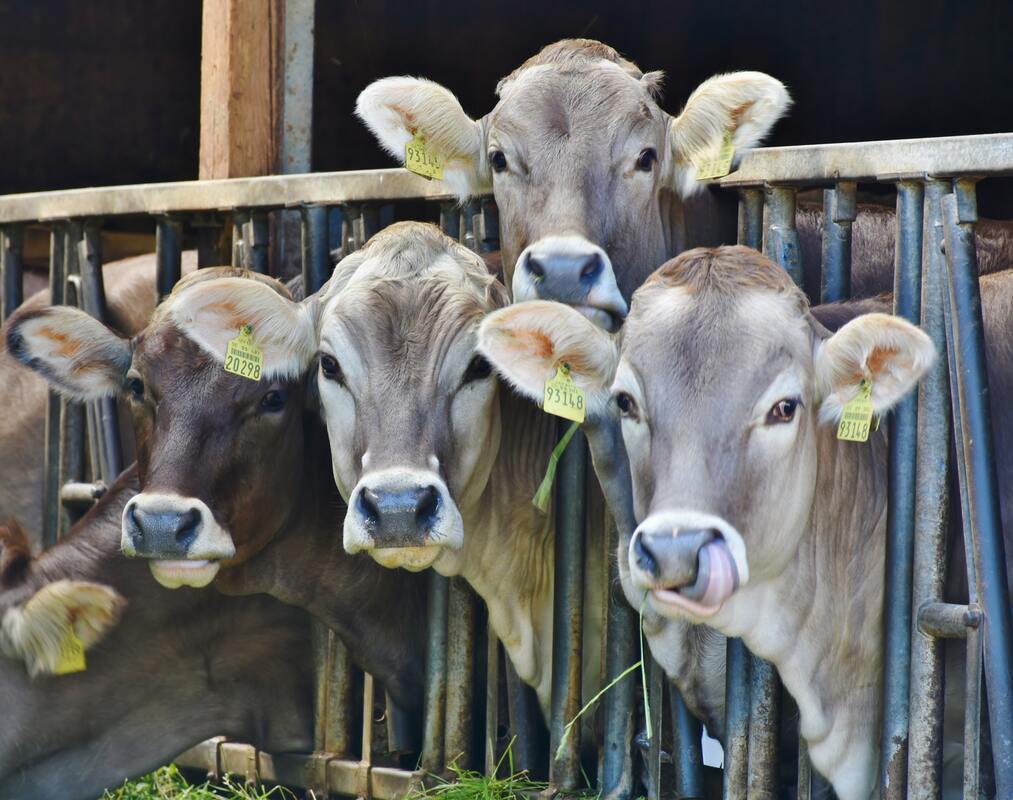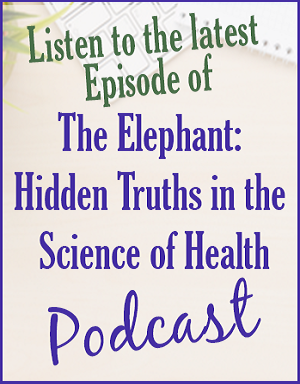Larry A. Law
Plant-Based Meat?
While the industry calls their meat alternative 'plant-based', Impossible Burger and Beyond Burger are actually an ultra-processed conglomeration of chemicals, concocted by pulling protein from soy and several other concentrates. Amy Keating, a Consumer Reports nutritionist, reports that "... while its starting materials may be plants, the main ingredients are all highly processed concentrates, oils, and flavors. If you want the health benefits of plants, eat them as whole foods with their nutrients and fiber naturally present."
Bioengineered (BE) Soy Leghemoglobin
After the manufacturers mimick the look and texture of meat, they give consumers the taste and color of blood using a compound produced by genetically engineered yeast cells. The compound is called soy leghemoglobin and comes from the roots of the soybean plant. It takes one full acre of soybeans to produce 1 kilo of leghemoglobin. The bioengineered (BE) yeast produces the soy leghemoglobin, in addition to 45 other by-product proteins consumed with the soy leghemoglobin. During toxicity testing, Impossible Burger scientists fed the soy leghemoglobin to rats for 28 days. The rats exhibited alterations in blood chemistry which the company did not investigate further. Of course, short tests check the box but are over before revealing any long-term health concerns. The Food and Drug Administration (FDA) does not do any independent testing and relies solely on manufacturers' tests and their reported results. Actual long term toxicity is left to show up in the real human guinea pigs who decide to eat these BE meats. The FDA classifies these BE meats as generally recognized as safe (GRAS), which means there will be no additional testing required. It is important to note that 94% of U.S. soybean is already genetically engineered to begin with, so there are lots of opportunities for hidden side effects to show up later.
Environmental Impact
Impossible Burger enlisted the help of Quantis to document the carbon footprint of their product when compared to CAFO. While the comparison looks favorable for the BE meats being compared to CAFO, the data doesn't hold for smaller cattle operations. In fact, a study commissioned by White Oaks Pastures in Bluffton, Georgia found their farm statistics, when compared to CAFO, were even more favorable than BE meats. In fact, they had negative net total emissions, which meant they added value to the environment—something CAFO and BE meat could not do. These smaller farm operations produce cleaner, healthier environments. So, choosing local farms with regenerative grass-fed beef operations (not genetically altered meat) is still the best environmentally-safe option.
BE Meat Companies
There are many companies jumping on the BE meat bandwagon. Memphis Meats, Aleph Farms, Finless Foods, Wild-Type, and Mosa Meats are but a few. The actual BE process varies, but the risks of bacterial contamination is a real concern. Antibiotics are used extensively to curb excessive bacterial growth in the chemical processing vats. Extraction of stem cells from animals to change the mix of protein and manage cell growth is a delicate, slow, and involved process with many places for mistakes. It represents ultra-processed, laboratory-controlled food. Nature is designed to ensure optimal nutrition in grass-fed real meat by just letting cows graze in the grass. I grew up on a small farm. I know where I will continue to get my healthy meat!
2 Comments
LaTanja Neal
6/16/2023 11:27:13 pm
Can you tell me why it's so hard to lose weight. Can it be because of what they are putting in our food.
Reply
sherelle
6/19/2023 05:12:21 pm
I have fought my weight all my life to keep it down. I see people struggling with their weight and I want to tell them, since I went on the Paleo diet to control the autoimmune problem I started loosing weight and have never had to fight it again and the autoimmune problem is gone.
Reply
Leave a Reply. |
BlogArchives
July 2024
Categories
All
|
© Angie's Option GRM. All rights reserved.








 RSS Feed
RSS Feed

